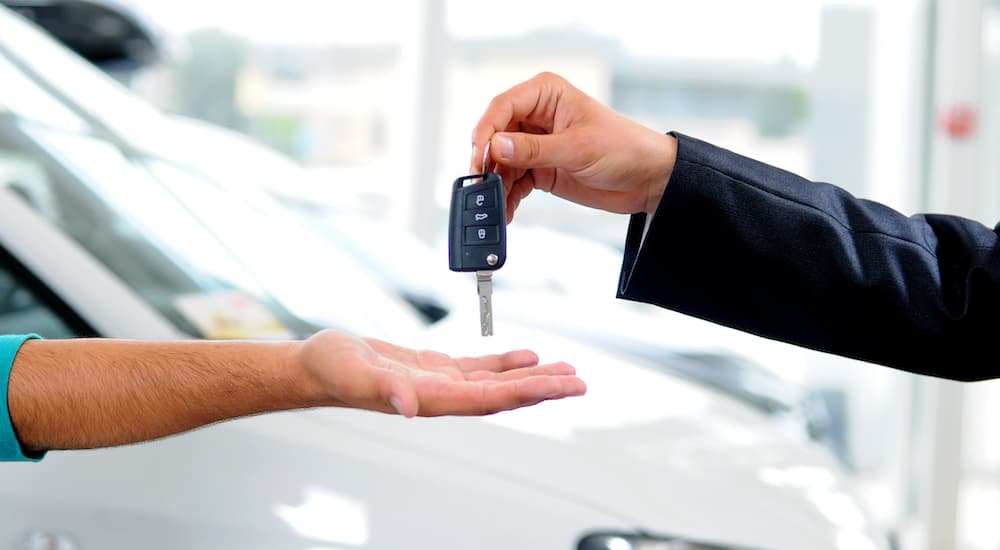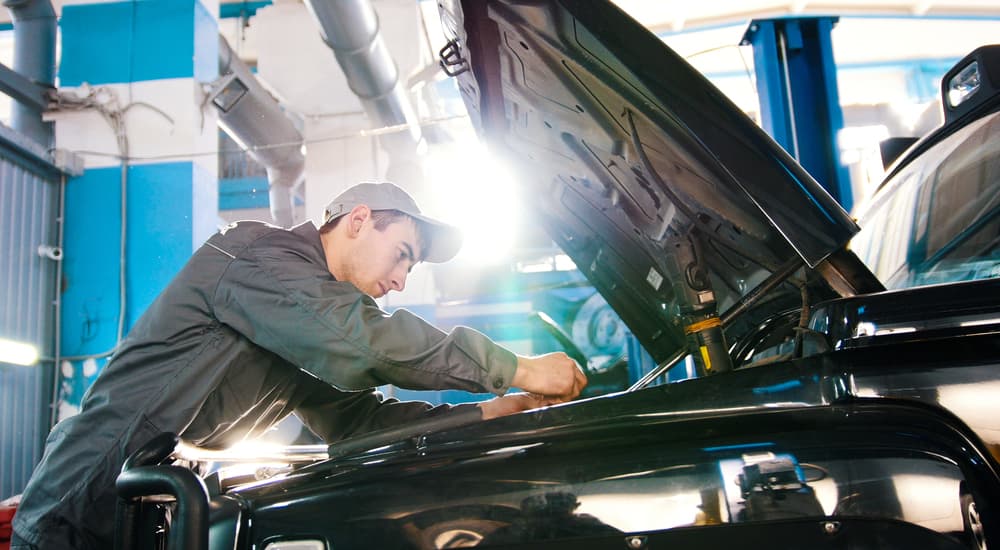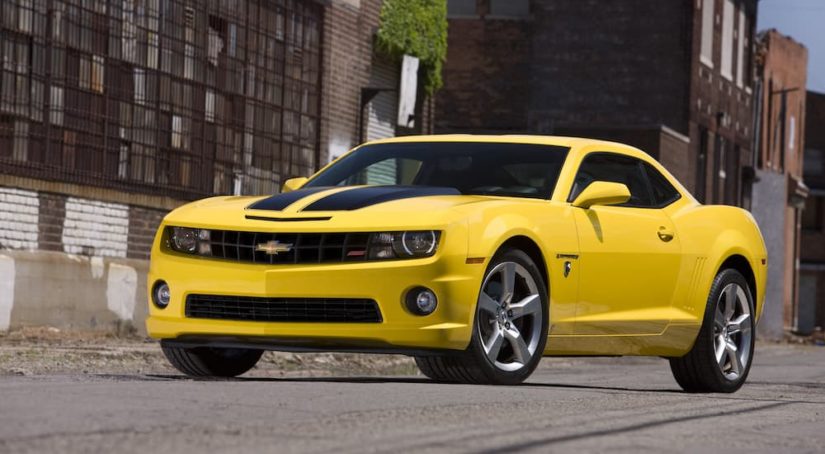When shopping for a used vehicle, the questions you’ll ask are very different from those you’d ask about a new vehicle. When looking into new cars, you’ll likely ask about more tech-focused features like what driver assist features are offered, what sort of infotainment to expect, and whether or not it has any self-driving capabilities. Looking into new cars is often about asking about the more exciting features. However, shopping for used cars means asking some not-so-fun but critical questions. So when you walk into a used car dealership, be prepared with a list of questions you’d like to ask about a vehicle that catches your eye.
You’re often considering three main things when shopping for a used car. These are: 1) Is it safe to drive? 2) What sort of value am I getting? and 3) Is there any work that needs to be done on it? Protecting your money, yourself, and your passengers are essential when deciding on a used car. There are many great used cars for sale that are in excellent condition and deliver a lot of value for your dollar. However, there are also some lemons out there, as well as some money pits. If you are working with a dealership, you can expect a certain level of transparency and assurance, but it’s still a good idea to ask these questions, no matter where you’re buying.
#1 Why Did the Last Owner Sell It?
If you’re buying from a dealership, you’d be asking them why the person who traded it in or sold it to them wanted to get rid of it. If you’re buying from the seller directly, you’ll ask why they no longer want the vehicle. This is a simple question that garners quite a bit of information. Sometimes, you’ll get a straightforward answer, like, “We’re having another kid and need a bigger car,” or the seller wanted to upgrade to something with more towing abilities. However, if a seller refuses to answer the question, seems uncomfortable when you ask, or provides an answer that doesn’t make sense, there could be something wrong with it. Sometimes, they will tell you what is wrong with the car, but it’s irrelevant to you. For example, maybe the car gets bad fuel economy, and they take lots of road trips. If you stay within town, this might not be as big of an issue. Listen carefully and trust your gut instinct.

#2 How Many Owners Has It Had?
It’s important to know how many hands this car has passed through. If it is over 10 to 15 years old and has had a couple of owners, that isn’t out of the ordinary. However, if it turns out that it’s not very old and has already passed through many owners, that tells you something: they didn’t like this vehicle. When people find a car, including a used one, that they love, they tend to hold onto it for some time, which seems obvious. So if this car has had four owners in a total of six years, you should be on high alert for issues with the vehicle.
#3 Does It Come With a Warranty?
If you are buying from a dealership, the used vehicle you’re interested in might come with a warranty. That can be a great bonus and offer you peace of mind that, if you do face any problems, you won’t have thrown your money down the drain. If it does come with a warranty, ask for the specifics. Is this a dealership warranty, or is it still under the manufacturer’s warranty? A dealership warranty will mean you’re likely starting with a fresh one, but a manufacturer’s warranty means you’re dealing with the original, which might almost be up. Be sure to know how many miles and years are covered under it. If there is no warranty, these questions become especially important.
#4 Has It Endured Water Damage?
It is important to know if the vehicle has ever suffered water damage, including a flood. Cars that have suffered water damage can have mold and rust inside, which can ultimately damage important systems. It is not advisable to purchase a vehicle with water damage, but if you do, ensure the seller can provide evidence that the car underwent extreme restoration after. Also, be aware that you should be offered a price that is significantly below the market value.
#5 Can I Finance This?
Many drivers don’t know that they can finance used vehicles. Financing is often associated with new cars, but many dealerships offer financing on used vehicles. If you aren’t buying from a dealership, you can approach banks, unions, and other lending institutions to finance your used vehicle. If you do not have the money to purchase it in cash, but you determine the car is a great deal, it could be worth looking into your financing options.
#6 Can I See Maintenance Records?
It’s good to ask questions about repairs that need to be made and flood damage, but without maintenance records, you’re just relying on the seller’s word. Ask to see a record of maintenance and repair records. These will show you what systems have been tuned up, what will soon need replacing, what damages the car has endured, and other details that might empower you in negotiating. If you see that the car will need major systems replaced soon, the seller should be willing to give you a break on the price. After all, you will now be responsible for the possibly expensive replacement.

#7 Can I Take It for a Test Drive?
You can (and should) test drive a used vehicle, just as you would a new one. This is the only true way to know that it is functioning properly. It also gives you the chance to test all of the interior components. So while you’re in there, make sure that the radio is working properly, all gauges are lighting up clearly, all windows go up and down with ease, there’s no damage to the floors or interiors, the interior lights work, and the air conditioning is working properly. Walk yourself through a day in your life and think of all the components of a car you would use, then test them out in this vehicle.
Inquiring Minds Want to Know
Shopping for a used car can be a smart way to get a great deal. So many drivers today get bored of cars quickly, always wanting the next newest and most exciting option. They sell their used cars just as quickly, even with little wear and tear and few miles on them. For that reason, you can sometimes find great value in a used car; however, a used car isn’t coming fresh from the manufacturer’s factory assembly line. It’s lived some life, and it’s important to know what the nature of that life looked like.
Once you drive off in a used car, you’re stuck with it, flaws and all, unless you got a great warranty. If you have no warranty and find that the car needs major repairs and even total system replacements, you could be facing a bill that’s more than the car is worth. Knowing these basic questions will empower you with the information you need to make the right decision when buying a used car.



